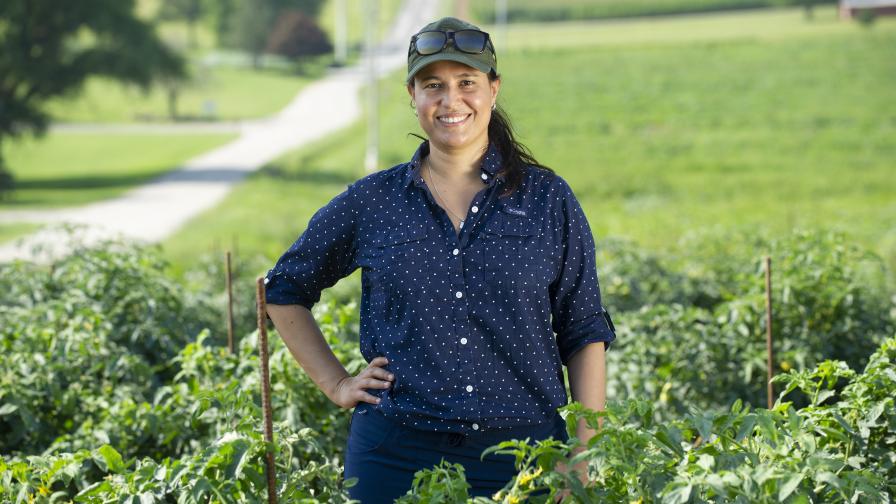What’s Ahead For 2014

David Eddy, Senior Western Editor, American Vegetable Grower
Originally I was going to peer into the future with a steely-eyed gaze and fearlessly predict what — based on all I’ve heard from fruit industry players — would happen in 2014. But then I thought, naw, it’s more fun to start the year with a positive spin. In the spirit of wishing you all a Happy New Year, I’m putting on rose-colored glasses and gazing into my crystal ball, making the following predictions for the coming year.
January
Mother Nature lets loose with a series of huge storms that roll across the Pacific Ocean and dump enormous amounts of snow in the mountains of the western U.S. Despite the storms’ massive size, down at sea level the rain falls gently with hardly any wind. No trees are blown over, and there is no soil erosion from flooding.
February
Several immigration reform opponents in Congress wake up one day and decide what this country needs most of all is a safe and steady food supply, especially one loaded with fruits and vegetables. They tell their constituents that most of those working in agriculture aren’t taking jobs away from unemployed Americans; the latter would never “stoop” to such labor. One politician with presidential aspirations goes on “Meet The Press” to proclaim “Our responsibility is to make sure the United States can count on a domestic food supply, especially of wholesome, nutritious fruits and vegetables that are sold at a price most people can reasonably afford.”
March
The Pacific storms continue to push across the western U.S., particularly California, where the valleys have had so much rain the aquifers begin to fill up. Curiously, defying all scientific research, the nitrate levels in the groundwater begin to plummet.
April 1
Federal regulators agree that all regulations must meet a basic test of common sense, and if they do not, they will no longer be enforced.
June
After the White House garden is overrun by brown marmorated stink bugs, invasive pest issues, including the impacts and costs of quarantines, become a top priority. “APHIS” becomes a household word.
August
Consuming cherries is scientifically proven to increase people’s IQs. Sales double.
October
Increased apple consumption is found to make people lose weight and tone muscle — without exercise. Sales triple.
December
FDA announces that growers of any fresh fruit that has not been implicated in any foodborne illness outbreak will be exempt from many of the mandates contained in the Food Safety Modernization Act. This includes apples, pears, citrus, etc. — any type of fruit that, as the agency terms it: “Doesn’t Undermine Human Health.” The exemption becomes commonly known in the industry as simply the “DUHH” rule. ●









